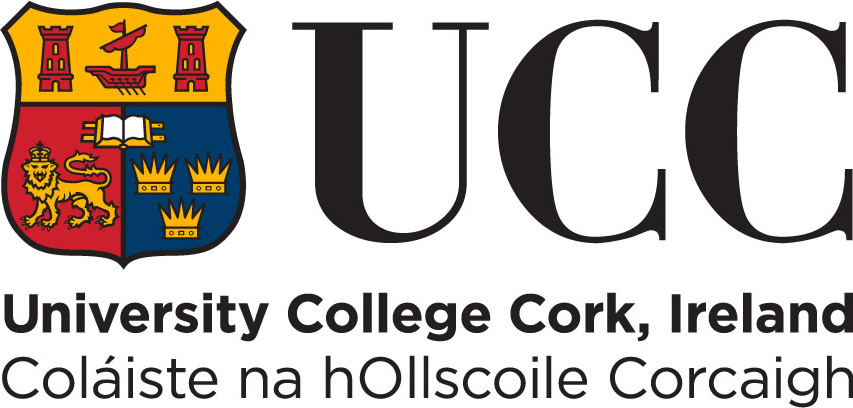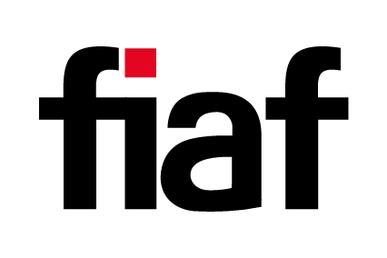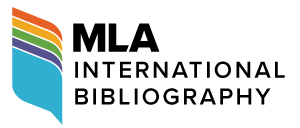Debordering Academia: Centring the Displaced and Exiled in Research
Foreword
Omid Tofighian
This issue of Alphaville centres on the work of displaced and exiled filmmakers and directors committed to challenging border violence. This is achieved in part through the work of the academic contributions in the main section, but perhaps most pertinently through the contributions of filmmakers in the two Dossiers. The editorial team in this issue practiced a form of borderless collegiality by imagining a scholarly publication that fosters empowering dialogues between academics, artists, activists and those with lived experience; debordering here begins with the vision of the editorial team and extends into the selection and configuration of contributions.
One example, Dossier Two, “Chauka, Please Tell Us the Time”, represents a debordering practice by creating and facilitating interaction in academic spaces between people subject to forced migration and other marginalised perspectives. It also presents possibilities and raises critical questions about how scholarly work with displaced and exiled people can enhance research, theoretical discourse and practices of scholar activism. Drawing on lived experience and suppressed research, it aims to provide insights and new theoretical frameworks for empowering refugee standpoints in film production. By extension, the work dedicated to the film Chauka, Please Tell Us the Time (Boochani and Kamali Sarvestani, 2017) in this issue opens up debates about the “refugee industry”, its purpose and the networks of power and privilege associated with institutions. Many of the significant films discussed in this issue engage with this point to different degrees, but it is an underlying reality for people in exile and in camps worldwide. New collaborative and consultative practices are necessary in order to centre writers and artists impacted by border violence and marginalised on different levels in societies where they seek protection. In this respect, the imaginary created through this special issue reflects new ways of sharing and results in new knowledges. The contributions to Dossier Two by Behrouz Boochani and his collaborators and confidants, then, offer unique insights into the lived experience and endurance of people subject to racialised government policies, intersectional discrimination and systemic exclusion. The examples presented throughout this publication introduce marginalised narratives often discussed, analysed and criticised but rarely prioritised in scholarly discourse or by institutions that reinforce privilege.
Suggested Citation
Tofighian, Omid. “Debordering Academia: Centring the Displaced and Exiled in Research.” Foreword. Alphaville: Journal of Film and Screen Media, no. 18, 2019, pp. 1–2. https://doi.org/10.33178/alpha.18.00
Omid Tofighian is an award-winning lecturer, researcher and community advocate, combining philosophy with interests in citizen media, popular culture, displacement and discrimination. He is Assistant Professor of English and Comparative Literature, American University in Cairo; Adjunct Lecturer in the School of the Arts and Media, UNSW; Honorary Research Associate for the Department of Philosophy, University of Sydney; faculty at Iran Academia; and campaign manager for Why Is My Curriculum White?—Australasia. His published works include Myth and Philosophy in Platonic Dialogues (Palgrave 2016) and he is the translator of Behhouz Boochani’s multi-award-winning book No Friend but the Mountains: Writing From Manus Prison (Picador 2018).









